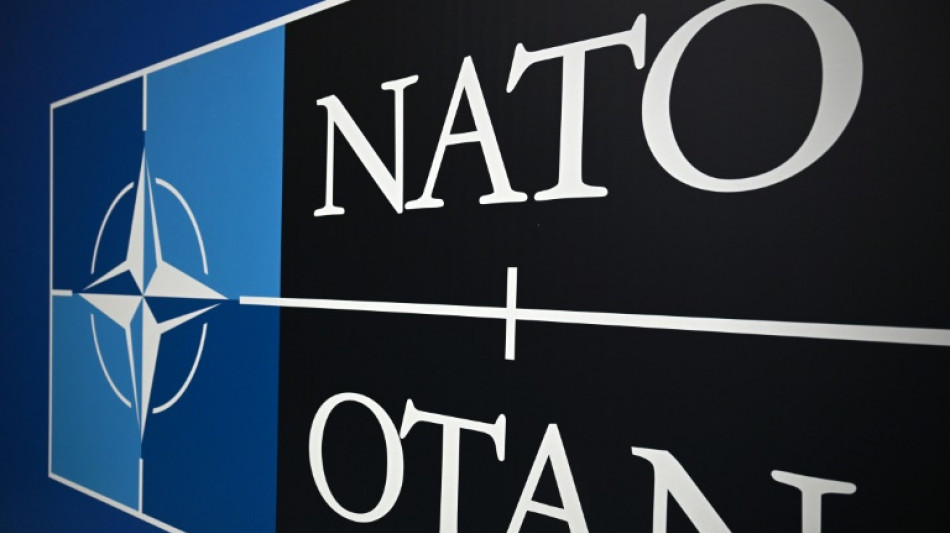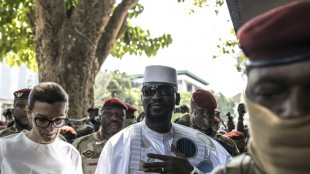

NATO scrambles to overcome Spain block on summit spending deal
NATO struggled Friday to overcome a block from Spain on a new defence spending deal that US President Donald Trump has demanded for a summit next week.
Spanish Prime Minister Pedro Sanchez on Thursday threw a last-minute hand grenade into preparations for the gathering in The Hague by coming out strongly against the agreement.
In a blistering letter to NATO chief Mark Rutte, Sanchez said that committing to a headline figure of five percent of GDP "would not only be unreasonable, but also counterproductive".
The outburst from Madrid's centre-left leader has sparked fury from other NATO members who fear it could derail the carefully crafted compromise designed to keep Trump happy at the summit.
Ambassadors held a round of negotiations at NATO headquarters in Brussels on Friday, but broke up without a deal being reached.
Several diplomats said talks could drag on through the weekend in an effort to reach a breakthrough or the start of the summit on Tuesday.
"There is no clarity yet," one diplomat said, speaking on condition of anonymity to discuss ongoing deliberations.
In a bid to satisfy Trump's demand to spend five percent of GDP on defence, NATO chief Rutte has corralled allies towards a diplomatic trade-off.
That would see them agree to coughing up 3.5 percent on core military needs, and 1.5 percent on a looser category of "defence-related" expenditures such as infrastructure and cybersecurity.
As a string of reluctant European capitals fell into line, officials believed they were comfortably on track to reach the deal for the Hague summit.
Washington's allies fear that Trump -- who has previously threatened not to protect countries he thinks don't spend enough -- could blow a hole in NATO if he doesn't get what he wants.
Spain has been one of the lowest spending NATO countries on defence in relative terms.
The country is only set to hit the alliance's current target of two percent this year after a 10 billion euro ($11.5 billion) injection.
Sanchez is facing a difficult balancing act of aligning with NATO allies and cajoling his junior coalition partner, the far-left alliance Sumar, which is hostile to increasing military spending.
E.Adams--PI



